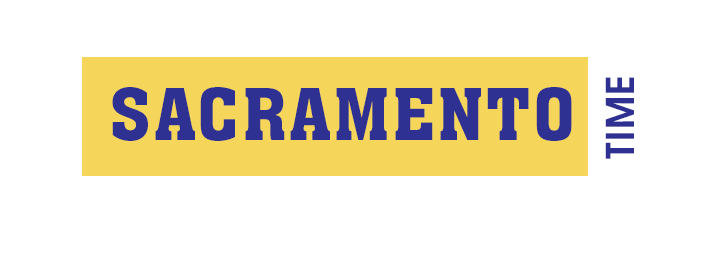
Amundi warns of hidden leverage in the financial system
Europe’s biggest asset manager has warned that shocks in the UK pension market should be a “wake-up call” to investors and regulators about the dangers of hidden leverage in the financial system.
Vincent Mortier, chief investment officer at Amundi, which has 1.9 trillion euros in assets, said in an interview that the recent turmoil caused by the UK government’s “mini-budget” was a “reminder that shadow banking is a reality.” I don’t believe that before the crisis, anyone had any idea of the extent of this shadow banking in the pension fund industry.”
Former Chancellor Kwasi Kwarteng is shocked markets with £45 billion of unwarranted tax cuts on September 23, which pushed up UK government bond yields and wreaked havoc on the £1.4 trillion defined benefit pension industry, which uses specialist hedging strategies to help schemes better match their assets and liabilities .
Strategies known as commitment-oriented investing are built-in leverage within them because they use various derivatives that allow pension schemes to increase exposure to gilts without necessarily holding bonds directly.
Declining gilt prices led to a flood of margin calls as counterparties demanded more cash as collateral to keep the hedging arrangement alive. Funds were forced to sell assets, including hygiene, to meet the demands, driving down prices further in a vicious cycle that eventually led to the Bank of England’s intervention.
Reliable data on leverage in the UK pension fund market is hard to come by, but experts estimate that LDI’s leverage has turned £500 billion of underlying assets into £1.5 trillion of invested money.
“The amounts at stake were huge, and it’s another reminder of the depth of leverage in the system, which is in multiple places that are hard to track,” Mortier said.
Increased capital requirements imposed on banks to make them safer after the financial crisis shifted risks from their balance sheets to less rigidly regulated parts financial system, namely asset managers, insurance companies and pension funds. Investors have fueled the shift, pouring money into alternative strategies such as private credit in search of yield in a low-interest-rate environment.
According to the Financial Stability Board, nonbanks held $51 trillion in financial assets in 2000, compared with $58 trillion held by banks. Its latest data showed that non-banks held $227 trillion in financial assets at the end of 2020, $180 trillion more than banks.
Mortier said the shift in leverage from banks to non-banks has made it very difficult for regulators to get a true picture of risk.
“It is much more difficult than in 2007, when the debt was mostly in banks,” he said. “The problem is, we don’t know exactly where it is. If you can’t measure something, it’s hard to act on it.”
Mortier highlighted several areas where hidden leverage could be a concern: OTC derivatives, which are negotiated privately, away from exchanges; real estate, as well as parts of the private credit market, including leveraged loans.
The Bank of England’s Financial Policy Committee recently warned of the risks lurking in US private credit markets. It noted that leveraged lending had increased from about $2 trillion in 2017 to $3 trillion at the end of last year, and said companies with such leverage “are likely to be particularly vulnerable to tightening financial conditions and weaker growth prospects “.
Mortier also pointed to the collapse of family office Archegos Capital Management as an example of how leverage can accumulate under the radar. Archegos founder Bill Hwang borrowed billions of dollars from blue-chip banks to build up huge positions in US-listed companies. By using derivatives, where the bank it traded with would buy or sell shares on behalf of Archegos, the firm left no visible trail of its activities for investors.
Archegos’ collapse led to billions in losses for investment banks including Credit Suisse, UBS, Nomura and Morgan Stanley after it defaulted on margin requirements, with more than $100 billion wiped from the valuations of nearly a dozen companies as Archegos positions were liquidated.


